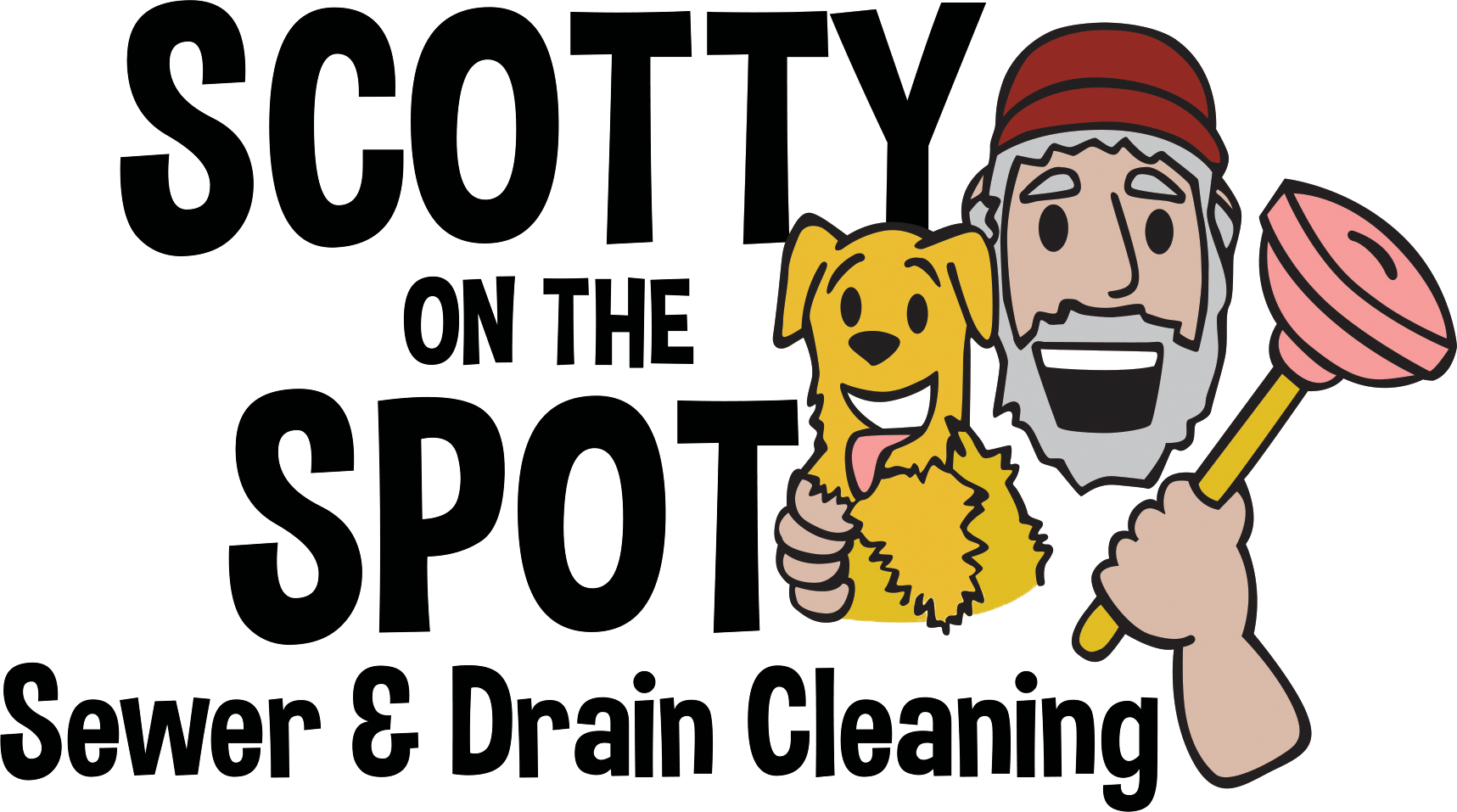Services
Frequently Asked Questions
- How can I prevent clogged drains?
Do not rinse fats or cooking oils down the kitchen sink. Liquid fats solidify in the cold pipes and create clogs. Also, don’t dump large amounts of food down the disposal. To help prevent clogs in the bathroom, fit all your tubs and shower drains with a strainer that catches hair and soap chips and clean the strainer regularly. Setting up preventative maintenance periodically is also a good way to keep lines clean.
- What causes my kitchen sink and washing machine drains to clog?
In most homes, the kitchen and laundry drains are connected. When the lint from the laundry drains meets the grease buildup from soap and food products, a nearly solid substance is formed, causing blockage. Using filters and strainers will help, but you’ll also need to get the drains cleaned periodically, as well.
- Are caustic liquid drain openers harmful to pipes?
I discourage the use of caustic liquid drain openers because they are bad for pipes. If a plumber needs to perform service, backsplash can cause acid burns that can be very dangerous. I recommend using an enzyme product. It’s great for long term maintenance. It won’t fix the problem right away, but it will break down waste and not harm the environment.
- What happens when roots get inside drain lines?
If left undisturbed, roots from shrubs and trees will completely fill a pipe Hair-like root masses quickly become clogged with toilet tissue, grease and other debris flowing from your home to the main sewer. The result is reduced flow, slow running drains and, in most cases, complete blockage.
Once roots have entered the pipe, they continue to grow and expand,exerting considerable pressure on the pipe. This increased pressure often breaks the pipe and may result in total collapse, which requires repair or replacement.

